Equatorial Guinea played its first game on the 23rd of May, 1975 in China for a match in friendly game, losing by 6-2. They didn't play a second game until into the UDEAC Cup in December 1985. They were drawn in a group match against their hosts Congo along with the Central African Republic. They fell 5-0 to Congo on the 9th of December. They after that, they won their first draw after drawing 1-1 against Central African Republic on 14 December. On the 16th of December, they took part in the fifth position in a play-off against Chad who lost 3-1 on penalties following the draw was 1-1.
Equatorial Guinea would come in fourth place in the 1987 UDEAC Cup, losing on penalties in the third-place match against Gabon despite having just scored one point during the tournament, in the 1-1 draw with Chad. They also lost 0-0 to Cameroon. In their next game they finished sixth following a penalty defeat to Central African Republic. Central African Republic. The following time Equatorial Guinea faced against the Central African Republic, in 1999, they prevailed 4-2. It was the Equatorial Guinea's first victory.
In the latter part of 2000 In the latter part of 2000, during the latter part of 2000, the Equatoguinean Football Federation, along with the Gabonese Football Federation, announced plans for hosting the 2012 Africa Cup of Nations in opposition to bids from other African nations such as Angola, Libya and Nigeria. Equatorial Guinea and Gabon won the permission to host the event as well as two stadiums constructed on the territory of Equatorial Guinea: Estadio de Bata in Bata and Estadio de Malabo in Malabo.
The opening game of the 2012 African Cup of Nations was Equatorial Guinea's debut in a major international event that resulted in an historic 1-0 victory against Libya on January 21st, 2012 in the first game in the competition. A goal in the 87th minute from the former Real Madrid winger Javier Balboa secured the win. In the following game, they qualified for the quarter-finals after defeating Senegal by 2-1. They finished 2nd in the group, despite losing 1-0 to Zambia. They advanced to the quarter-finals in which they were eliminated by the runners-up of the tournament Ivory Coast after losing to The Elephants 3-0 thanks to goals scored by Didier Drogba, and Yaya Toure. Many national players were praised for their performances during the tournament, such as Javier Balboa, Randy, Ben Konate and Rui, Rui, who was a member of the Team of the Tournament.
Three years later, Equatorial Guinea organized solely the 2015 edition of the Africa Cup of Nations, but this time, it was replaced by Morocco which was the host in the first edition. In the opening game the game, they were drew 1-1 by Congo and Emilio Nsue scoring the first goal. In the second match they were able to play out a 0-0 draw against Burkina Faso, the runners-up in the previous tournament. With these two victories they Nzalang Nacional had to win against its traditional opponent Gabon in the third game to be able to advance to the quarterfinals. Equatorial Guinea won 2-0 with goals scored by Javier Balboa (a penalty kick) and Iban. The runner-up in Group A was Iban. it was the Equatoguinean national team defeated Tunisia 2 - 1 with two goals scored by Balboa The first was an injury-time penalty during the last moments of the regular time and the second came during extra time. In the semi-final they were defeated 0-3 by Ghana and, in the third place, they played the game 0-0 with DR Congo, ultimately losing 4-2 on penalties. The country ended the tournament fourth with the highest ever international participation and helping them reach an historic 49th place on the FIFA rankings.



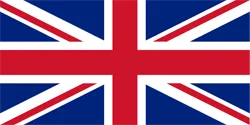 ENG
ENG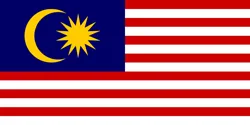 MYS
MYS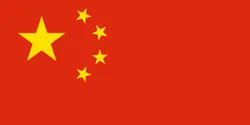 简体中文
简体中文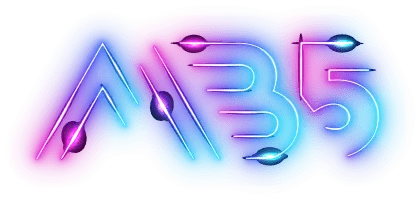





















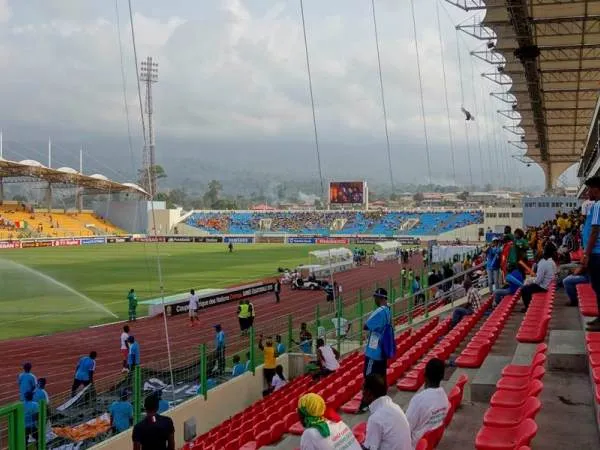
 Tunisia
Tunisia Equatorial Guinea
Equatorial Guinea Mauritania
Mauritania Zambia
Zambia Ivory Coast
Ivory Coast


 Senegal
Senegal
 Angola
Angola Libya
Libya Botswana
Botswana Manuel Sanchís Martínez (1980)
Manuel Sanchís Martínez (1980) Julio Raúl González (1989–90)
Julio Raúl González (1989–90) Antônio Dumas (2004–2006)
Antônio Dumas (2004–2006) Carlos Diarte (2009–2010)
Carlos Diarte (2009–2010) Henri Michel (2010)
Henri Michel (2010) Esteban Becker (2015–2017)
Esteban Becker (2015–2017) Polokwane City
Polokwane City Utsiktens BK
Utsiktens BK
 Niki Volos
Niki Volos Ethnikos Achna
Ethnikos Achna Sidama Coffee
Sidama Coffee
 Chindia
Chindia
 Moncarapachense
Moncarapachense 1930 to
1930 to 1966
1966 1970 to
1970 to
 2002
2002 2006
2006 2018
2018 2022
2022
 1957 to
1957 to  1968
1968 1986
1986 1988
1988 1998 to
1998 to 
 2000
2000
 2019
2019 2021
2021 2025
2025 2011
2011 2016
2016